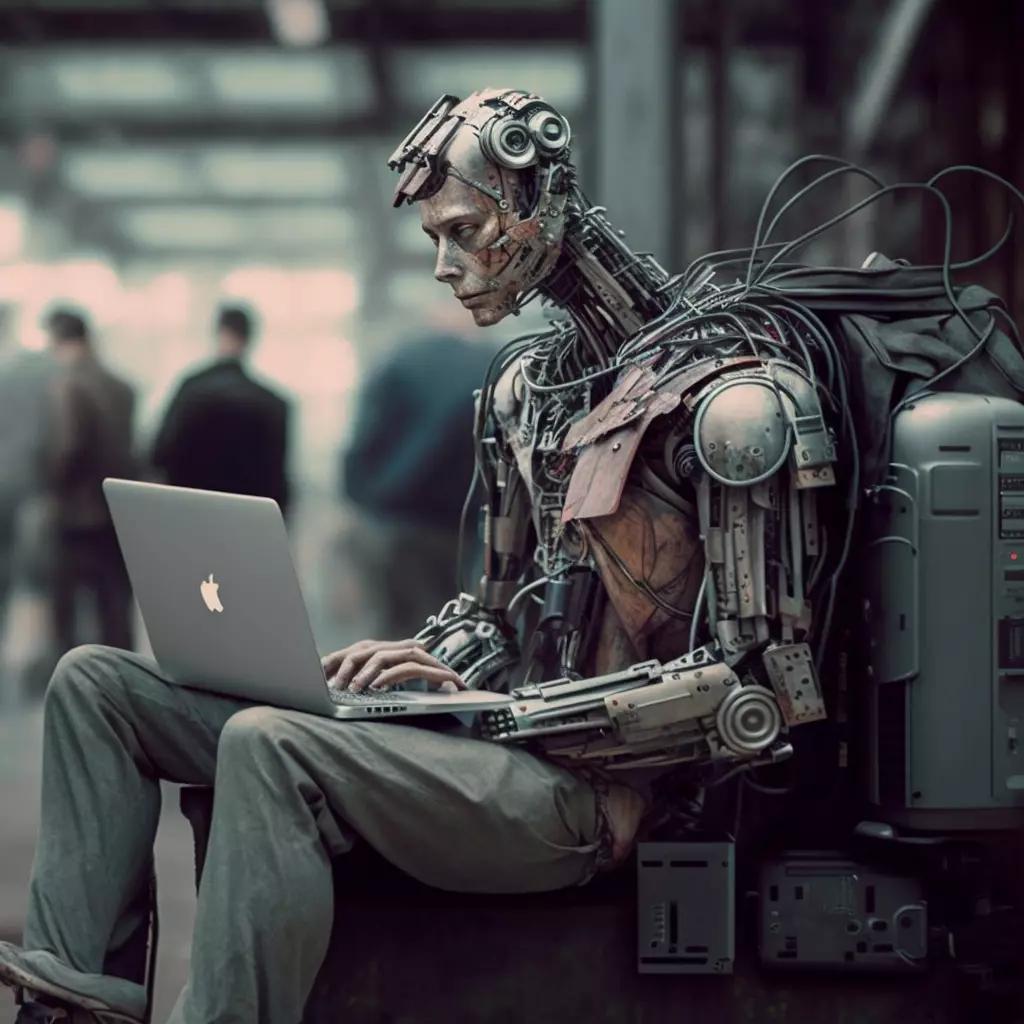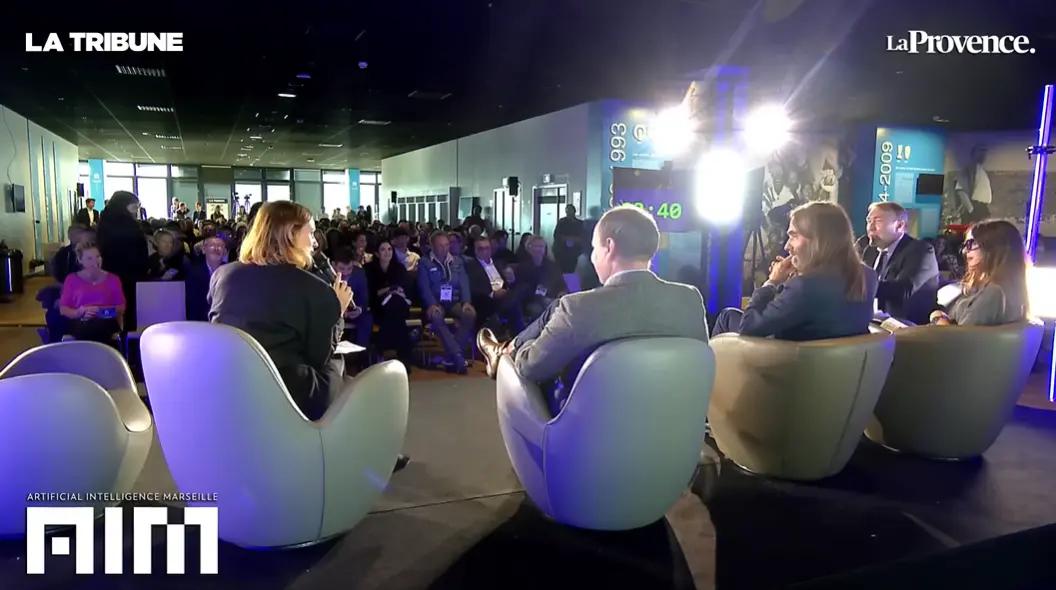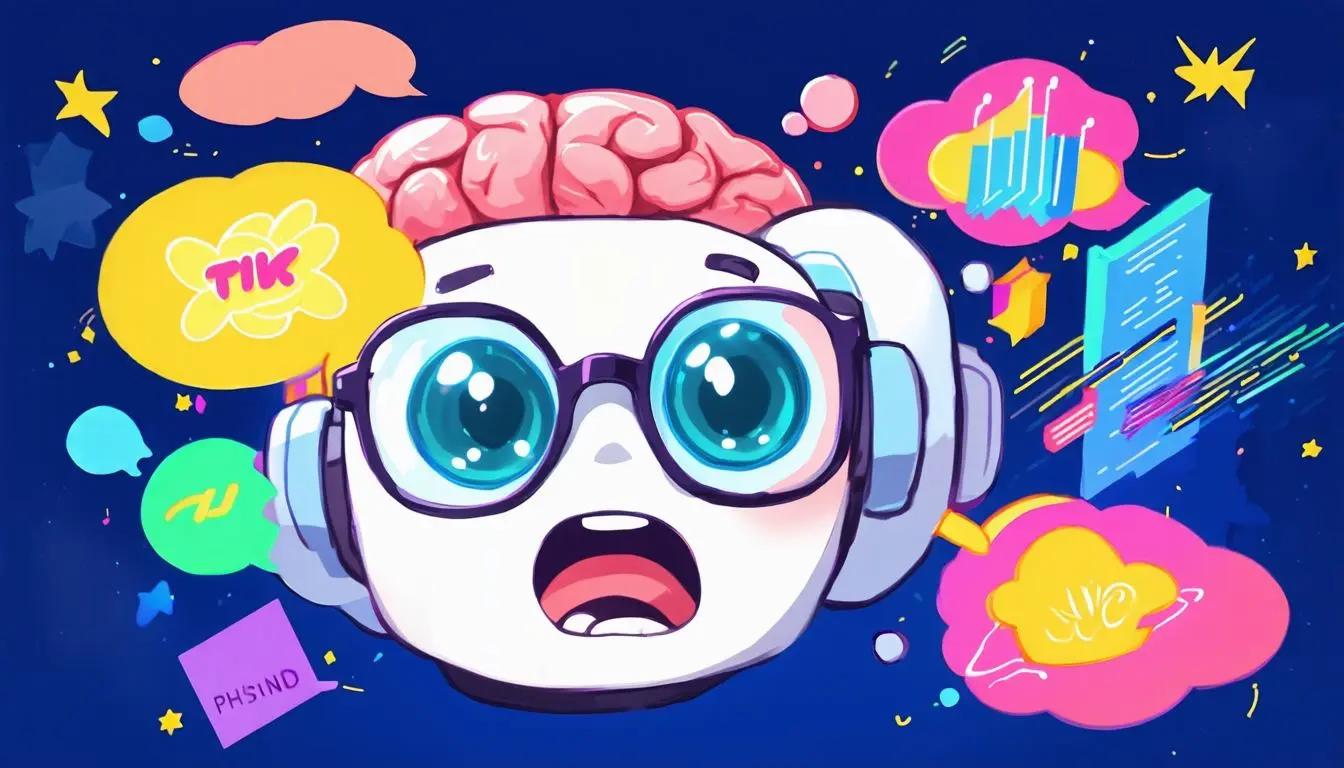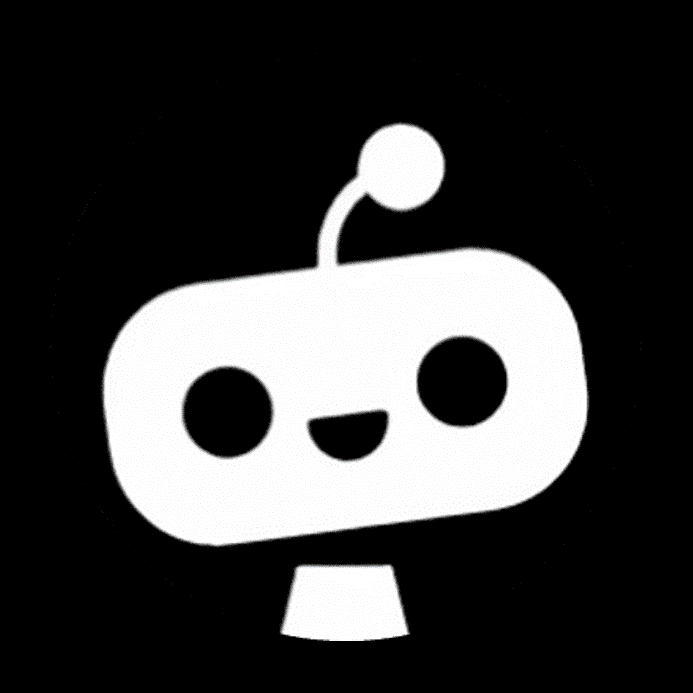July 27, 2023|7 min reading
Will AI replace jobs

In an era characterized by rapid technological advancements, the rise of artificial intelligence (AI) has ignited both apprehension and excitement about the future of work. The prospect of AI replacing human jobs has led to a reconsideration of traditional roles across various industries. From administrative tasks to creative endeavors, the impact of AI is a nuanced interplay between automation and augmentation. This article delves into the evolving landscape of employment, highlighting nine job types that stand to be affected by the AI revolution.
1. Navigating the AI Revolution: Jobs at Risk and Opportunities Ahead
The rapid advancement of artificial intelligence (AI) technology has sparked debates and concerns about its potential to replace human jobs. The transformative impact of AI on various job types is a topic that demands careful exploration. From administrative roles to customer service and teaching positions, the proliferation of AI is poised to revolutionize the way we work.
While the fear of job displacement looms large, it's important to recognize that AI's influence on employment is not solely negative. Many job roles are ripe for augmentation, where AI tools can enhance human capabilities and productivity. This is evident across fields such as administrative work, where AI-powered tools streamline tasks like email correspondence and data analysis. Similarly, customer service is being reshaped by AI-powered chatbots that provide quick and personalized responses to inquiries. Teaching, too, stands on the cusp of transformation as AI assists educators in tasks like lesson planning and generating assessment materials. As we navigate this AI revolution, understanding the nuanced balance between job replacement and augmentation is essential for embracing the opportunities and mitigating the challenges that lie ahead.
2. AI's Impact on Work: From Automation to Augmentation
As the latest wave of AI technology continues to evolve, the discussion surrounding its impact on the workforce intensifies. The spectrum of AI's influence spans from full automation, where certain jobs might be replaced, to augmentation, where AI collaborates with humans to enhance productivity. The future of work is a complex interplay between these two dimensions.
The shift toward automation has led to apprehensions about the future of job security. Yet, it's crucial to recognize that AI's role isn't solely about job replacement. Automation is poised to transform industries by relieving humans of mundane and repetitive tasks, freeing them to focus on more strategic and creative aspects of their roles. In fields like coding and graphic design, AI tools are capable of generating code and visual content, respectively, enabling professionals to channel their efforts into higher-order tasks. The evolution of work isn't solely about human-AI competition but rather about harnessing the synergy between human expertise and AI capabilities to create a workforce that thrives in a dynamic and tech-driven landscape.
3. AI's Influence on Employment: The Changing Landscape of Jobs
The advent of AI technology has brought forth a wave of uncertainty and excitement about the future of jobs. While automation and augmentation are reshaping the employment landscape, it's important to unpack the specific job types that are susceptible to AI's influence. From administrative tasks to creative endeavors, the impact of AI varies across industries, prompting a reevaluation of traditional roles and responsibilities.
Administrative tasks are one area where AI's efficiency shines. AI-powered tools can assist office administrators in activities like email correspondence and data analysis, revolutionizing the administrative landscape. Similarly, creative fields such as graphic design are witnessing transformation, as generative AI tools enable individuals with no prior experience to create visually appealing content. This shift, however, raises questions about the future of job roles, especially in areas like customer service and education. While AI-powered chatbots are improving customer interactions, concerns arise about human job displacement. Education, on the other hand, presents an intriguing scenario where AI can aid teachers in tasks like curriculum planning, thereby revolutionizing the teaching experience. As we navigate this changing job landscape, a balanced perspective is essential to harness AI's potential while ensuring the wellbeing of the workforce.
4. Job Evolution in the Age of AI: Redefining Roles and Responsibilities
The advent of AI technology is reshaping the traditional notions of work and employment, leading to a dynamic process of job evolution. From generating code to enhancing customer service, AI's influence is challenging industries to redefine roles and responsibilities. The impact is not just about job replacement, but about the fusion of human expertise and AI capabilities.
Fields like coding are witnessing a transformation where AI-generated code raises questions about the future of human coders. However, this change is not synonymous with job displacement; instead, it prompts professionals to focus on higher-order coding tasks and creativity. The realm of customer service is also experiencing a shift, with AI-powered chatbots revolutionizing how businesses interact with customers. This, in turn, redefines the role of customer service agents as they collaborate with AI tools to provide efficient and personalized solutions. This intricate dance between AI and human collaboration extends to education as well, where AI assists teachers in tasks like lesson planning and content creation. The key to navigating this era lies in embracing AI as a tool that amplifies human potential, enabling a harmonious coexistence between technology and human skills.
As the march of AI continues, the landscape of employment undergoes a transformative shift. While concerns about job displacement are valid, it's imperative to recognize that AI's influence is multifaceted. Automation and augmentation work in tandem to redefine roles, fostering a symbiotic relationship between human expertise and AI capabilities. Embracing this dynamic will be crucial as industries adapt, and individuals harness the potential of AI to enhance productivity, creativity, and collaboration. Balancing the automation of routine tasks with the elevation of human potential will ultimately shape the future of work in an AI-infused world.
Explore more

The Race for Artificial General Intelligence: Superintelligence and Society
Explore the debate on artificial general intelligence and superintelligence, featuring expert insights on its possibilit...

Artificial Superintelligence: The Last Invention Humanity May Ever Make
Explore the potential impact of artificial superintelligence on humanity—our greatest invention could change life as we ...

AI and Warfare: How AI Systems Are Driving Destruction in Gaza
An in-depth look at how AI systems, like the IDF’s Gospel and Lavender, are reshaping warfare in Gaza, leading to widesp...
